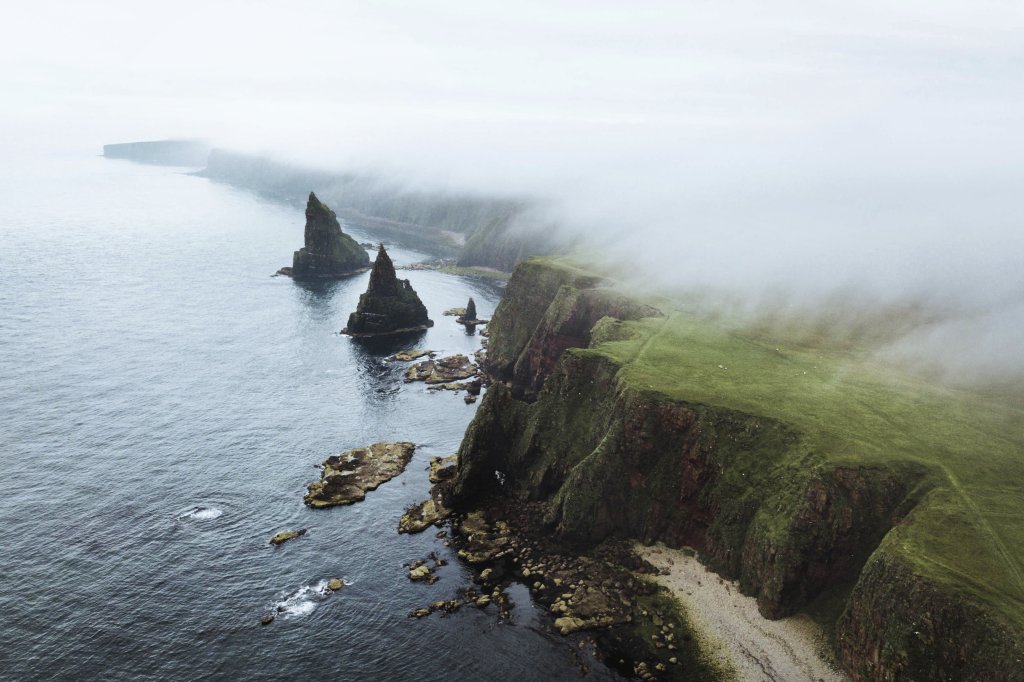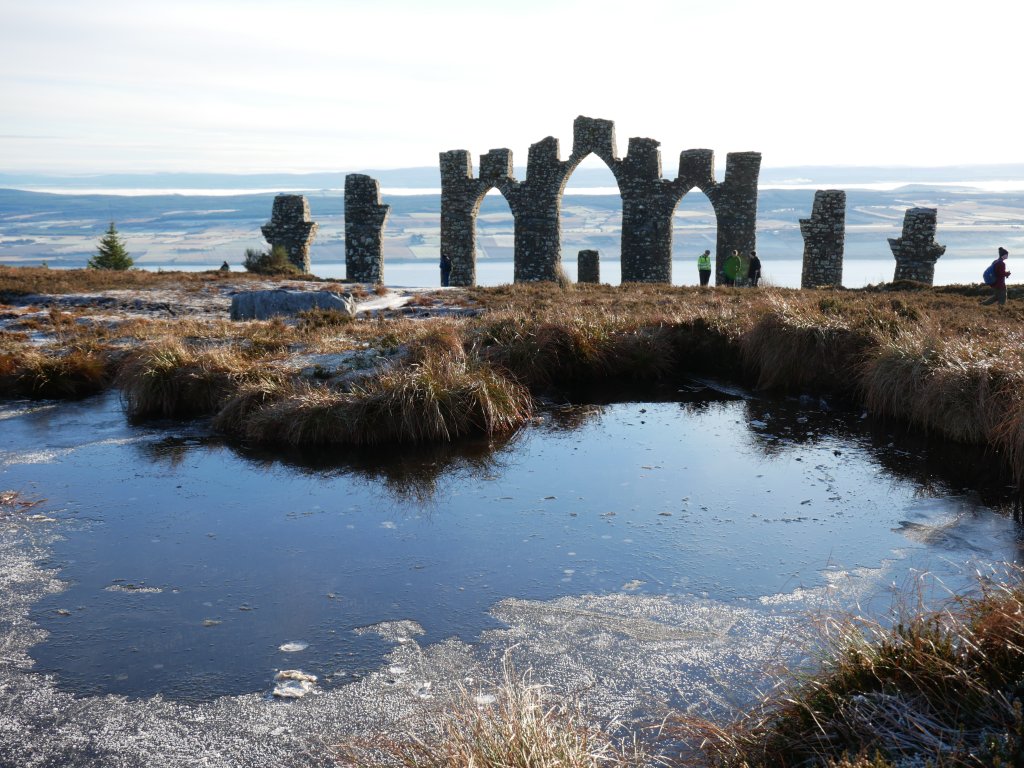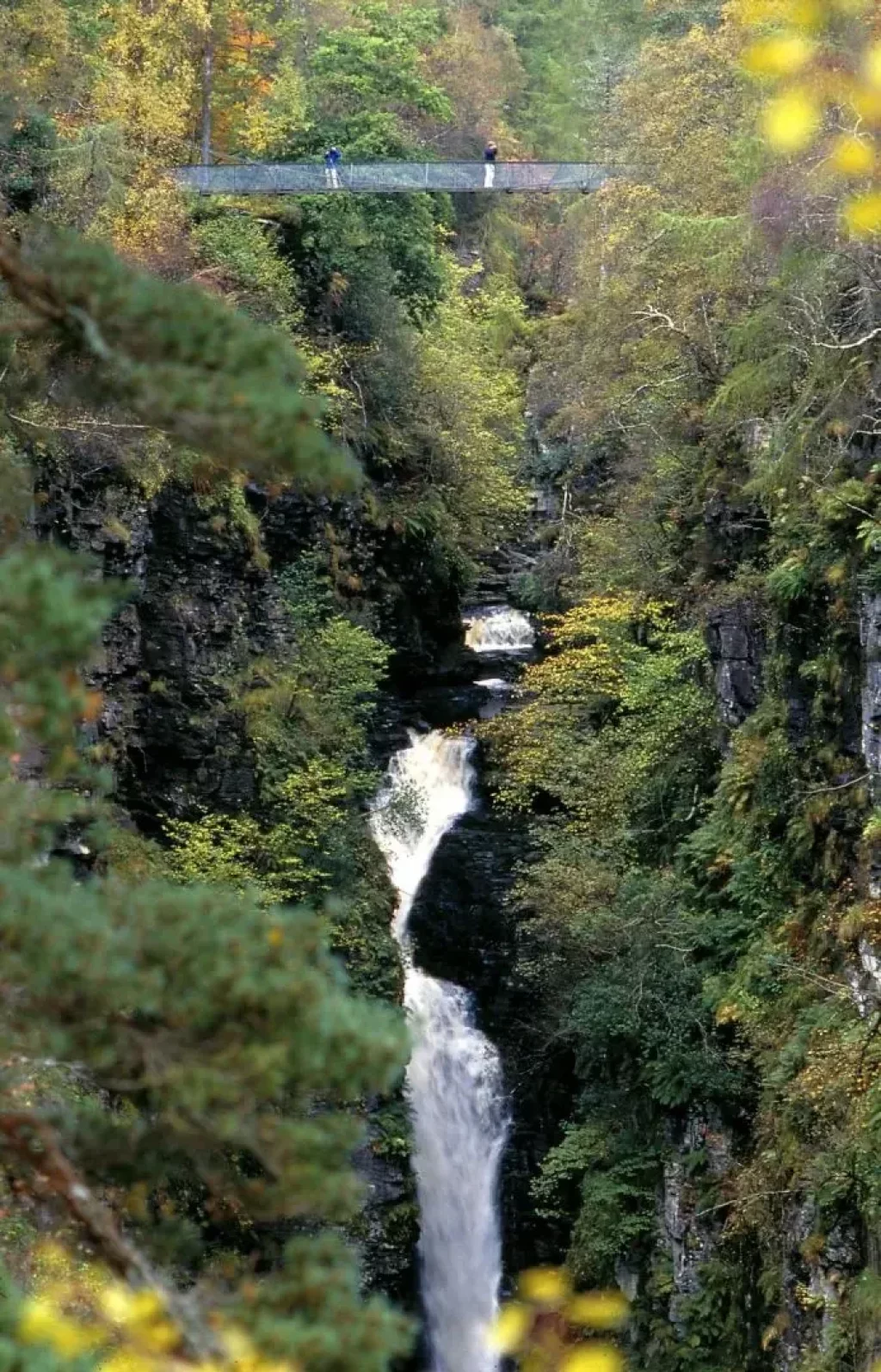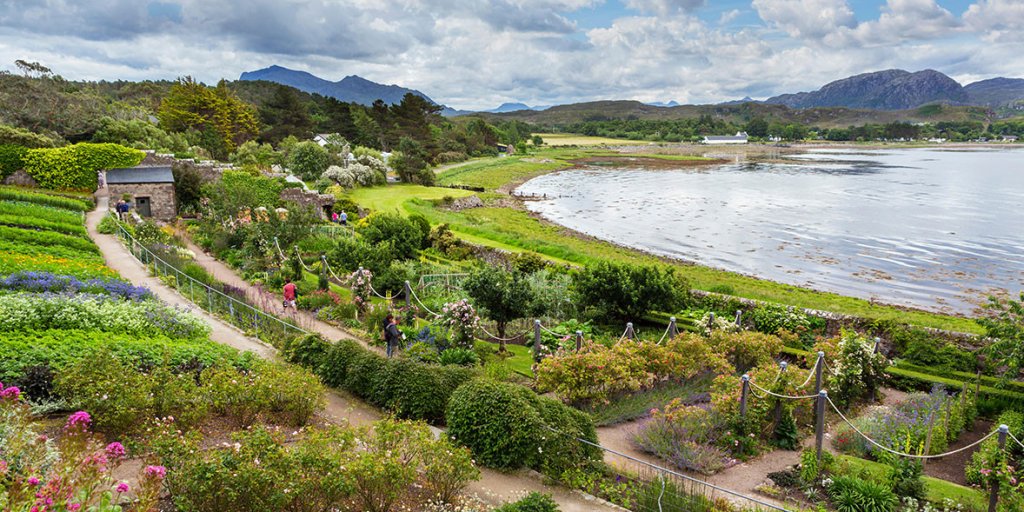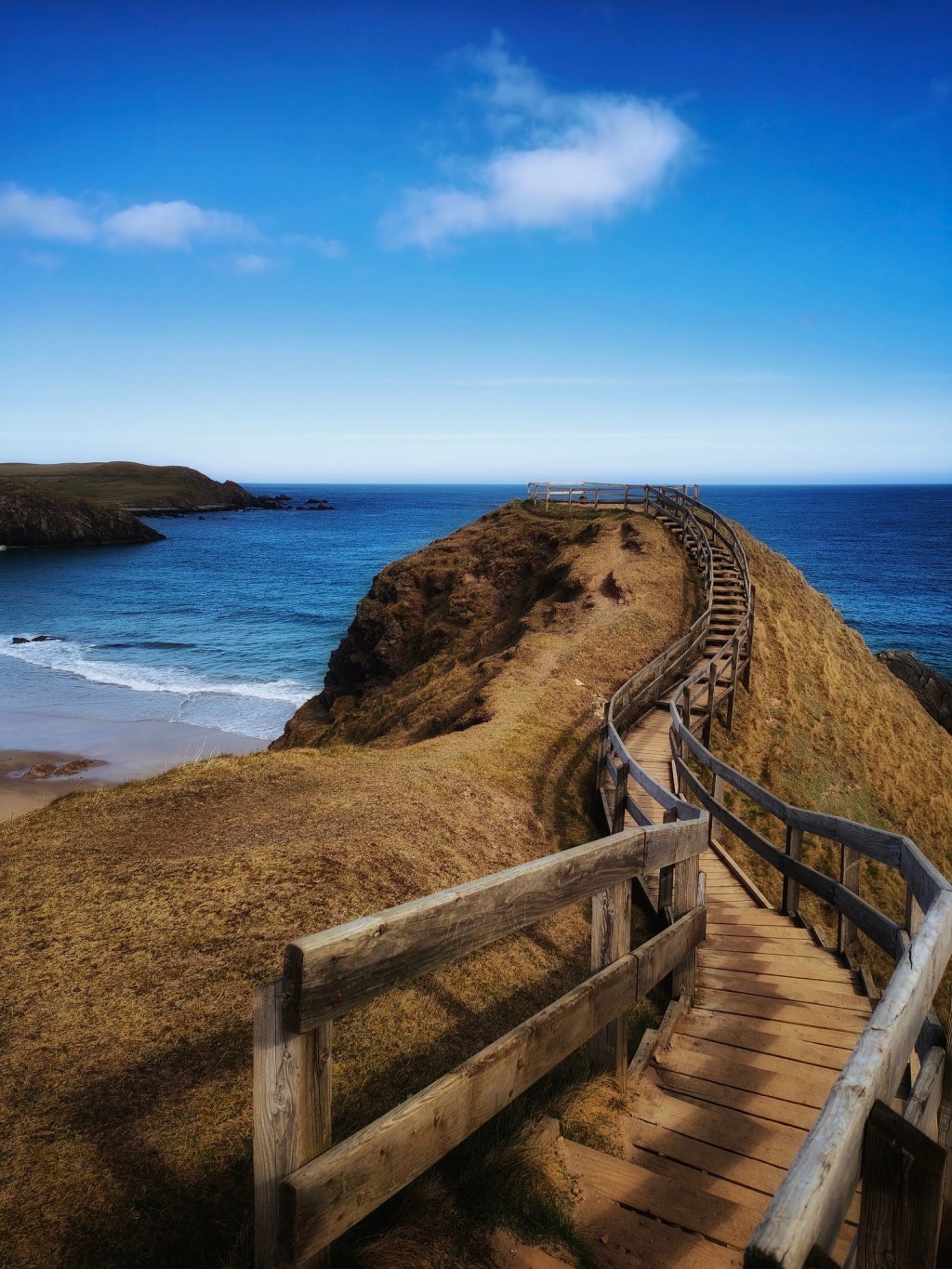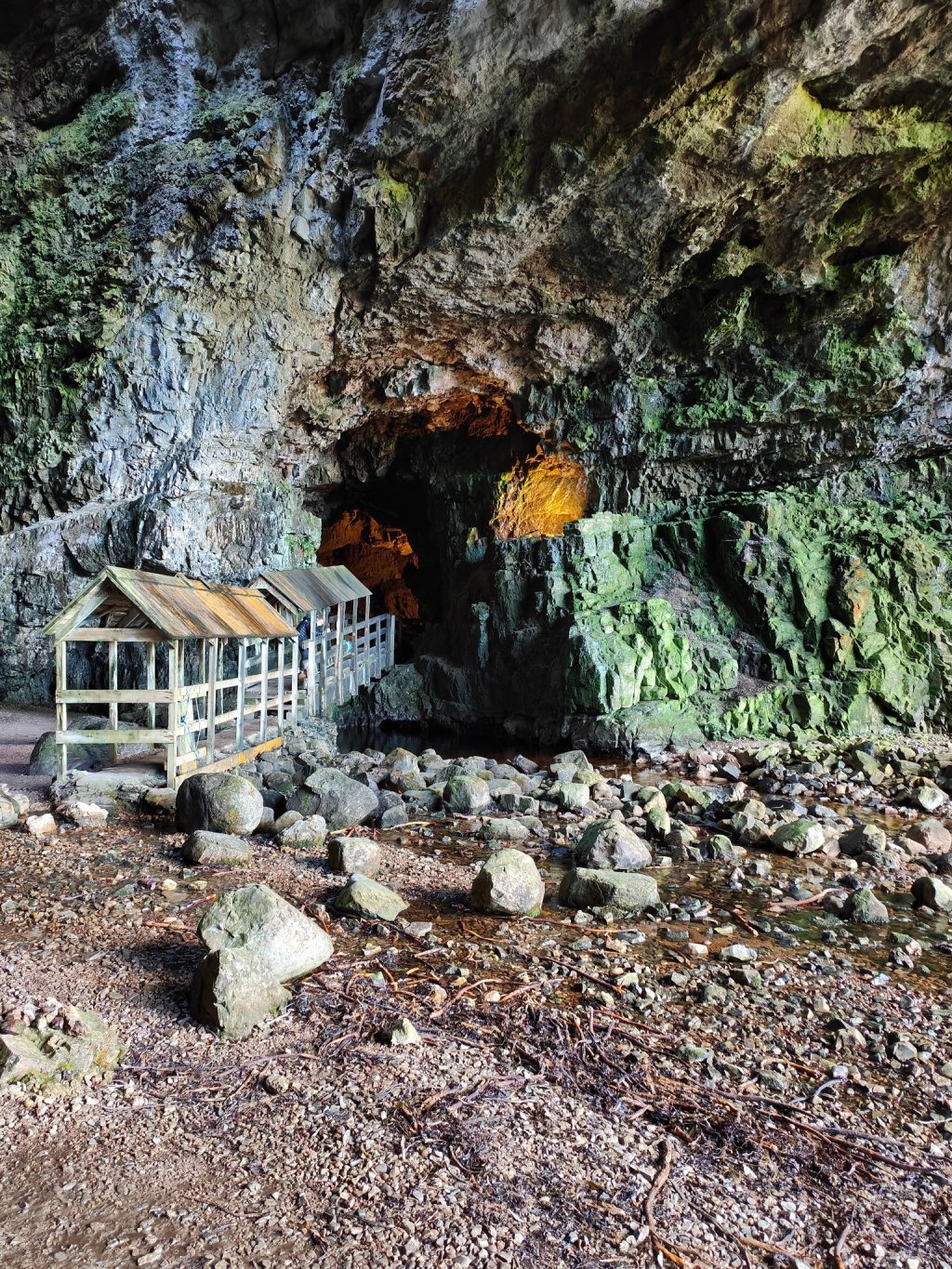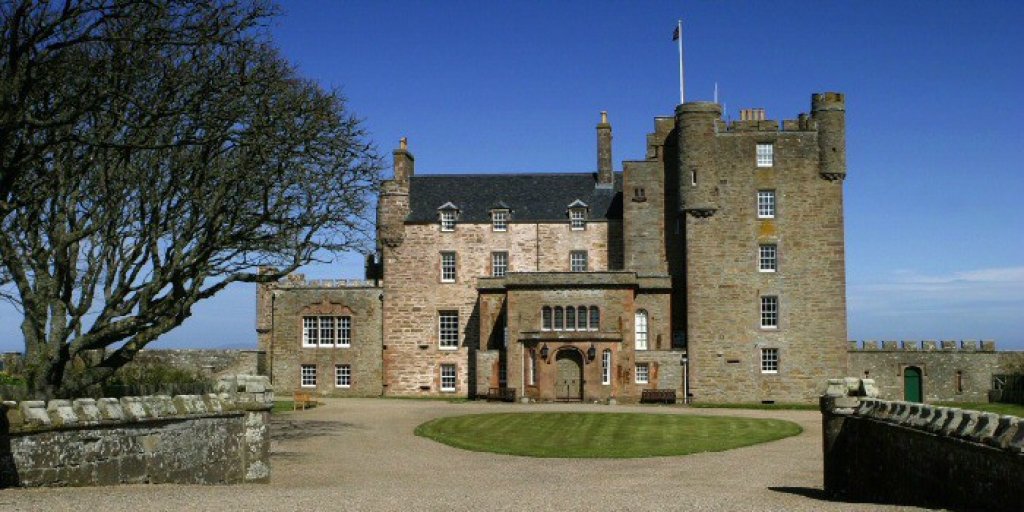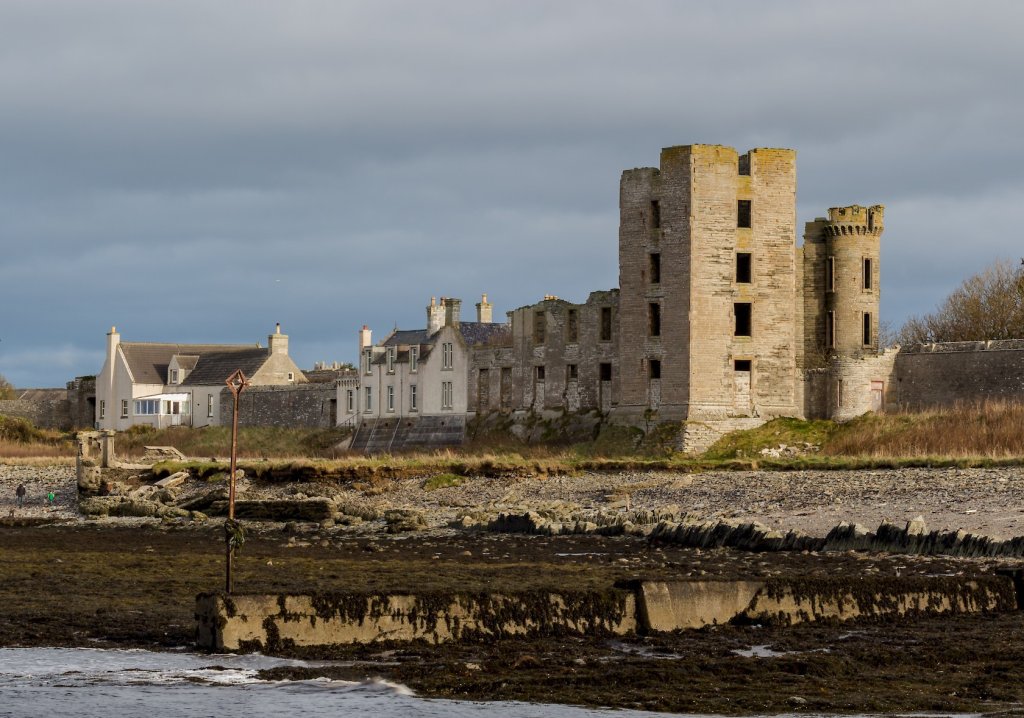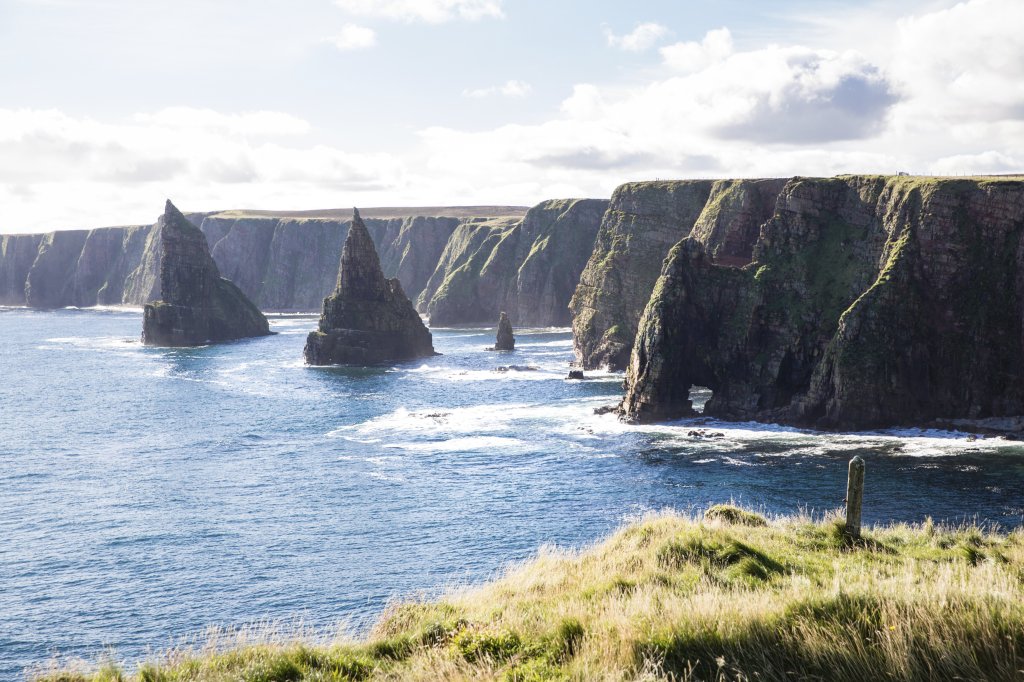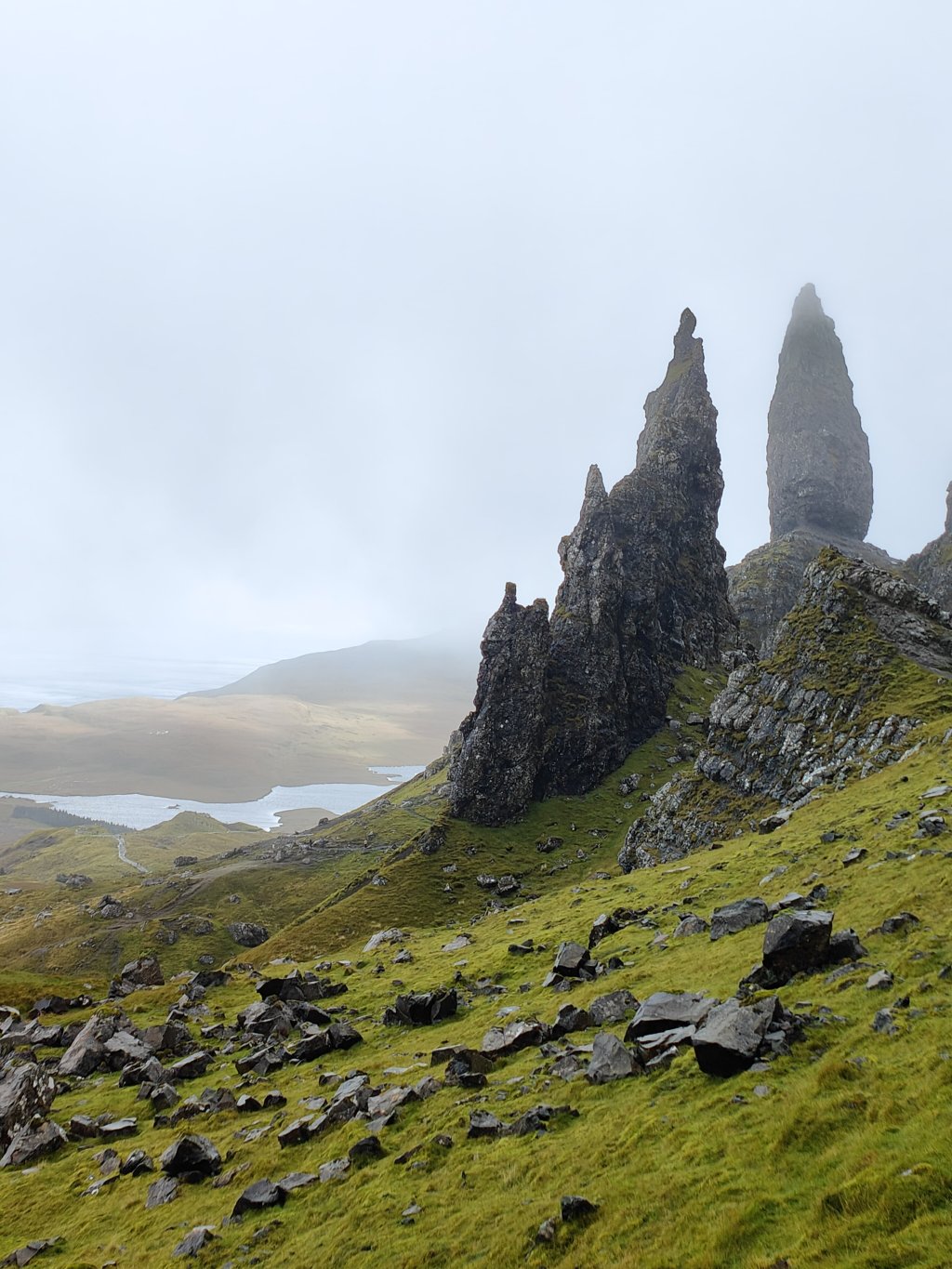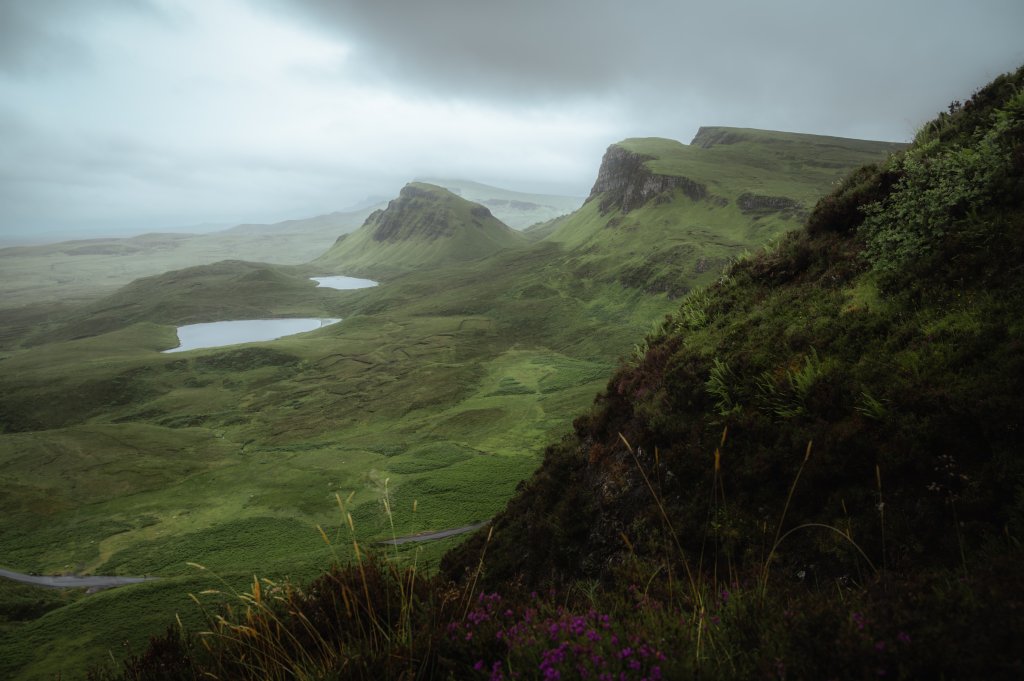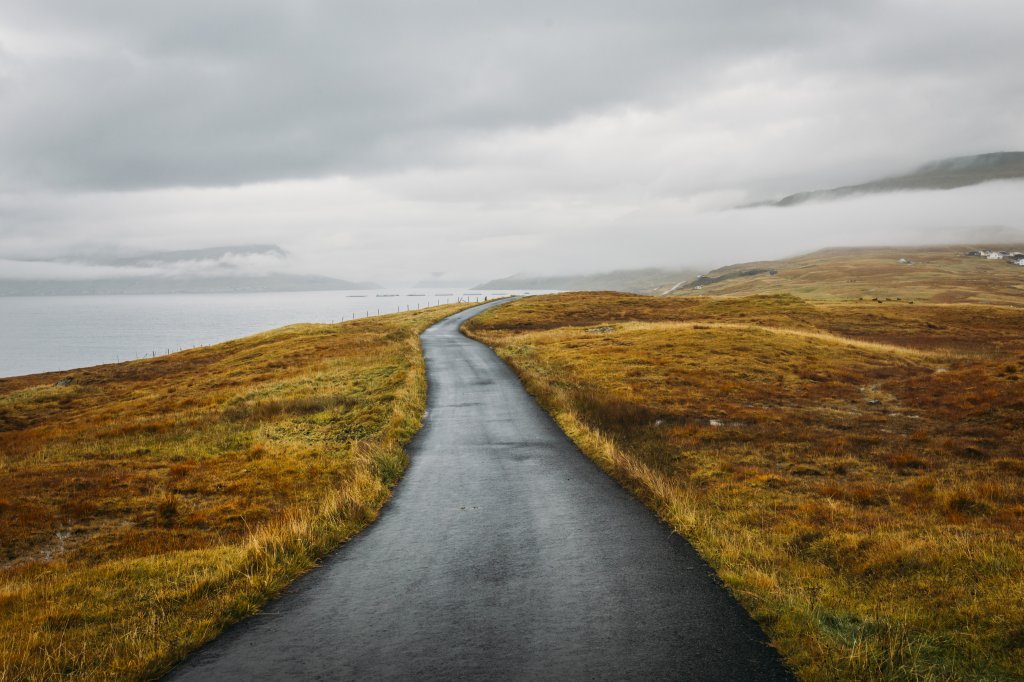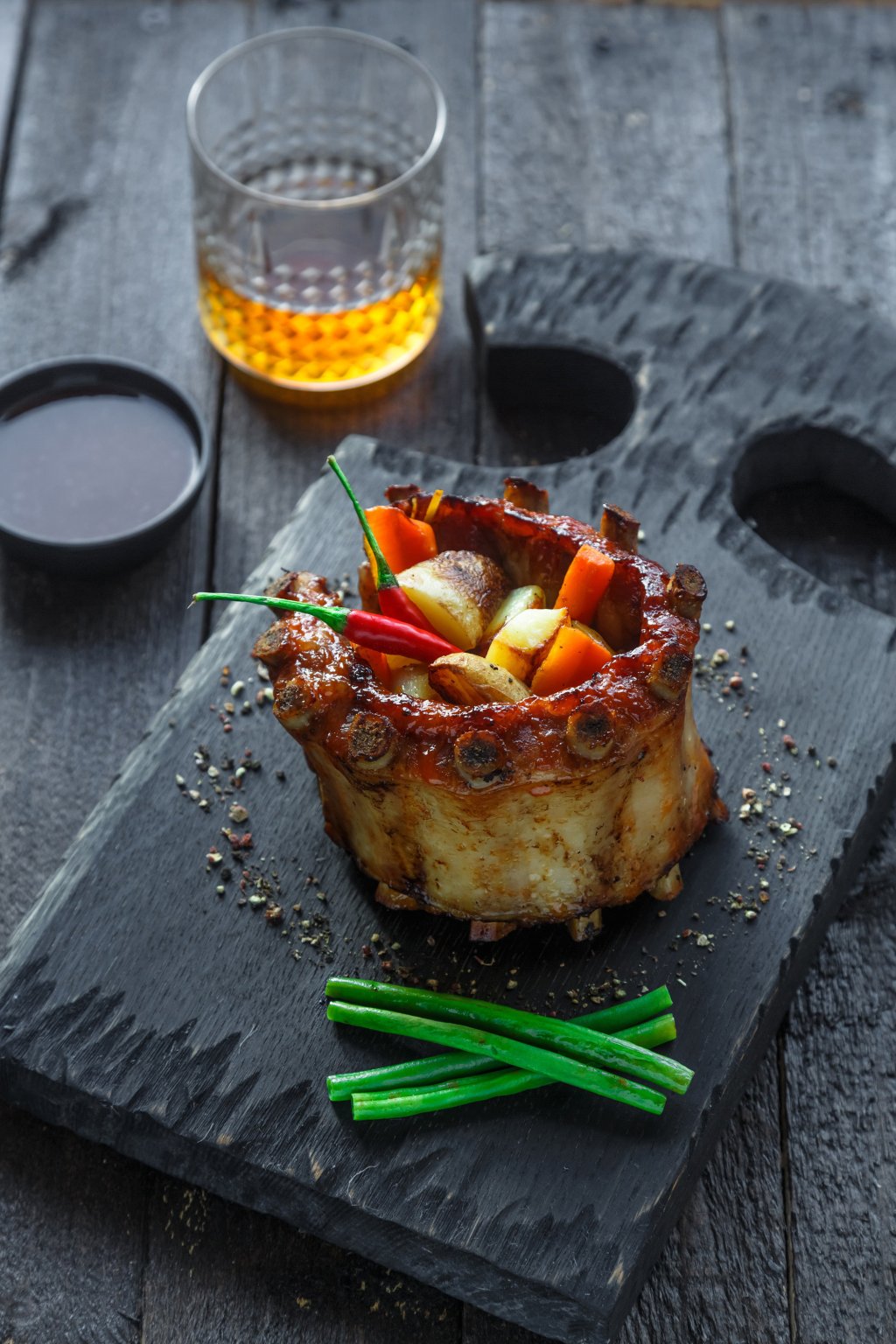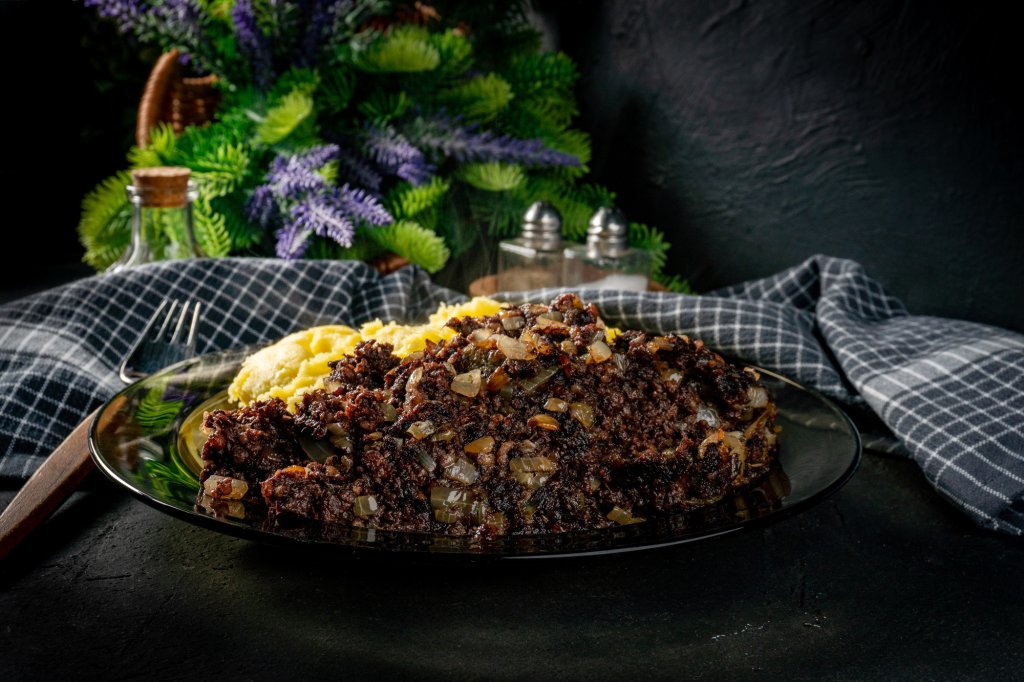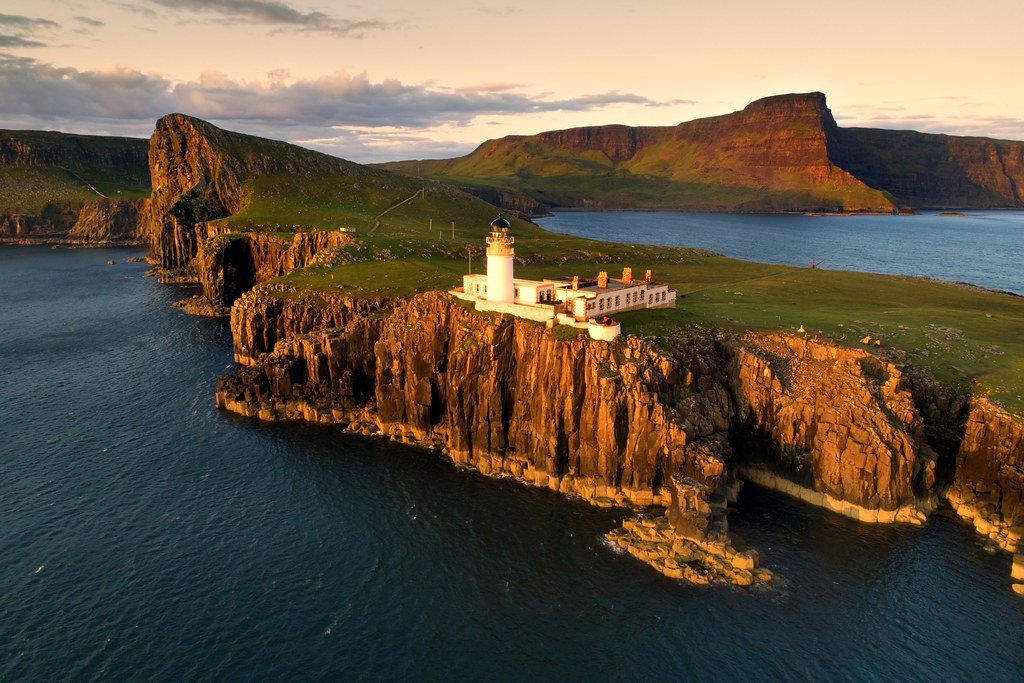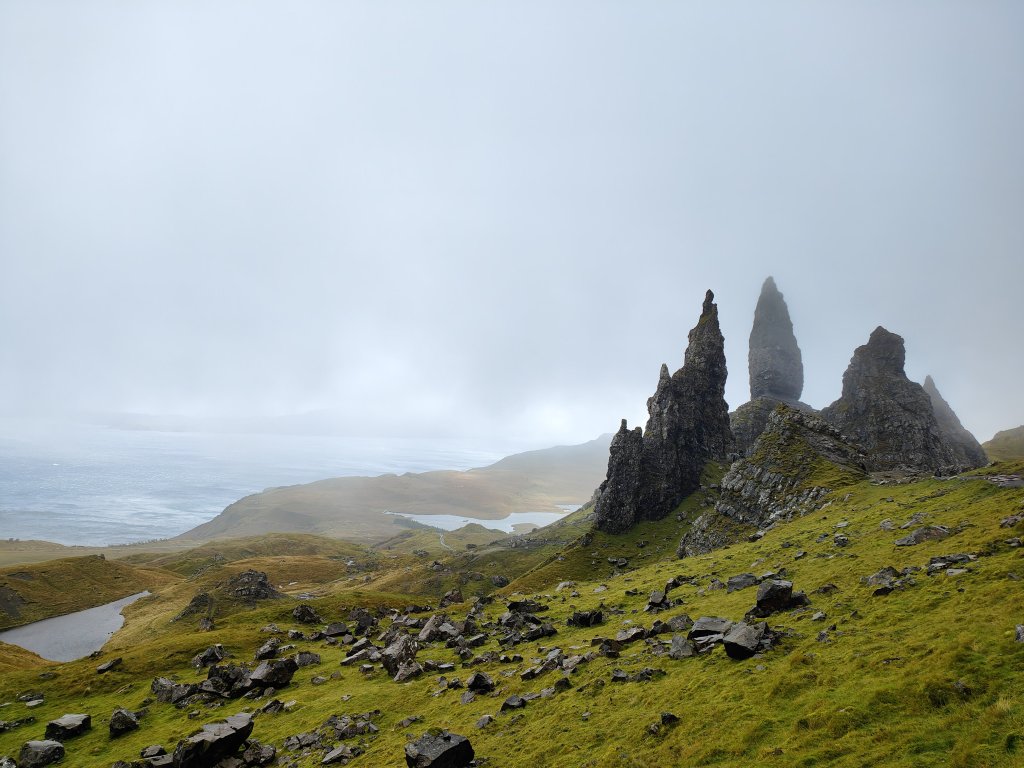A 5 Day itinerary for the NC500
Embark on Scotland’s most iconic road trip – the NC500! From breathtaking landscapes to hidden gems, this 5-day itinerary will help you explore it all at your own pace. Get ready for an unforgettable adventure, where the journey is just as exciting as the destination.
The most iconic Scottish road trip
The NC500 is one of the most popular and iconic Scottish Road trips. It’s renowned for its stunning landscapes, diverse scenery, and unique attractions. There is no right or wrong way to drive this route. There is also no blanket rule as to how long you should take to do this journey. But at 516 miles, we recommend you take a minimum of 5 days. You will see plenty but not feel too rushed.
The best way, in our opinion, is that you set aside a couple of extra days to allow for longer stops in places that will take your breath away. Have a list of things you absolutely want to see but also, don’t be too rigid with your plans and allow some fluidity. This will give you a bit longer to go off-track. You can’t go wrong with getting lost in this road trip (sometimes literally), and discovering some places you didn’t even know were there.
We have put together an itinerary based on a 5-day road trip, starting and ending in Inverness and some tips below.
Day 1: Inverness to Ullapool
Morning
Depart Inverness: Start your journey from Inverness, heading north towards the Black Isle.
Black Isle: Explore the Black Isle, including the picturesque villages of Cromarty and Fortrose, and visit Chanonry Point to spot dolphins.
Fyrish Monument at Cromarty
There is a remarkable monument built about 45 minutes north of Inverness. It makes for a great destination on a trip from the city. Atop Fyrish Hill sits Fyrish Monument. From a distance, you could mistake it for the ruins of an ancient castle. Although it is certainly old and dating from the 1700s, it stands as testament to the good of one man to provide work for an impoverished community.
Afternoon
Applecross: Drive along the scenic Bealach na Ba (Pass of the Cattle) to Applecross, enjoying breathtaking views of the Highlands and the Isle of Skye.
Evening
Ullapool: Arrive in Ullapool and check into your accommodation. Enjoy dinner at a local restaurant and explore the village.
Day 2: Ullapool to Durness
Morning
Corrieshalloch Gorge: Visit Corrieshalloch Gorge and the Falls of Measach, one of Scotland’s most impressive waterfalls.
Inverewe Garden: Explore the stunning Inverewe Garden, known for its exotic plants and beautiful landscapes.
Corrishalloch Gorge
Inverewe Gardens
Afternoon
Gairloch: Stop in Gairloch for lunch and enjoy the coastal views and sandy beaches.
Loch Ewe: Visit the historic village of Poolewe and the WWII memorials and museum at Loch Ewe.
Evening
Durness: Arrive in Durness and check into your accommodation. Visit Smoo Cave and enjoy dinner at a local restaurant.
Durness Sands is a beautiful beach
Smoo cave has become a popular tourist attraction
Day 3: Durness to Thurso
Morning
Cape Wrath: Take a ferry and minibus to Cape Wrath, the most north-westerly point of mainland Britain, and explore the dramatic landscapes and lighthouse.
Afternoon
Tongue: Stop in Tongue for lunch and explore the historic village and stunning views of the Kyle of Tongue.
Castle of Mey: Visit the Castle of Mey, the former residence of the Queen Mother, and explore the gardens and grounds.
Castle Mey
The Castle of Mey was built by George, the 4th Earl of Caithness, for his second son William Sinclair. When visiting the family seat Girnigoe Castle in 1573, William was murdered by his older brother John, who had been imprisoned there for about six years by his cruel father. John had been planning an escape but William found out about it and told their father. John was in turn murdered and the castle went to the third son, George Sinclair, who founded the family of the Sinclairs of Mey and whose descendant succeeded to the Earldom in 1789. He changed the name of the castle to Barrogill Castle.
Evening
Thurso: Arrive in Thurso and check into your accommodation. Enjoy dinner at a local restaurant and explore the town.
Day 4: Thurso to John O’Groats and Wick
Morning
John O’Groats: Visit John O’Groats, the most northerly point of mainland Britain, and take a photo at the iconic signpost.
Afternoon
Duncansby Head: Explore Duncansby Head and its impressive sea stacks, a short drive from John O’Groats.
Wick: Stop in Wick for lunch and visit the Wick Heritage Museum to learn about the town’s history and heritage.
Evening
Thurso: Return to Thurso and enjoy dinner at a local restaurant or pub.
Day 5: Thurso to Inverness
Morning
Dunnet Head: Visit Dunnet Head, the true northernmost point of mainland Britain, and enjoy the panoramic views.
Castle and Gardens: Visit one of the historic castles and gardens in the area, such as Castle Sinclair Girnigoe or Castle of Mey.
Afternoon
Dornoch: Stop in Dornoch for lunch and explore the historic town, including Dornoch Cathedral and the Royal Dornoch Golf Club.
Glenmorangie Distillery: Visit the Glenmorangie Distillery for a tour and whisky tasting experience.
Evening
Return to Inverness: Drive back to Inverness to complete your NC500 journey. Enjoy a farewell dinner in Inverness and explore the city.
This itinerary provides a balanced mix of scenic drives, historic sites, outdoor activities, and cultural experiences, allowing you to experience the best of the North Coast 500 in 5 days. Adjust the itinerary based on your interests and pace to make the most of your NC500 road trip!
Old Mann of Storr - one of the most beautiful places to visit
Tips for your NC500 trip
Plan your route
Map Out Your Itinerary: Research and plan your route in advance, including stops at key attractions, accommodations, and dining options.
Timing
Seasonal Considerations: Consider visiting during the shoulder seasons (spring and autumn) to avoid crowds and enjoy more comfortable driving conditions.
Accommodation
Book in Advance: Due to the route’s popularity, book your accommodations well in advance, especially during peak season.
Variety of Options: Choose from a range of accommodations including hotels, B&Bs, campsites, and wild camping spots.
Vehicle preparation
Suitable Vehicle: Ensure your vehicle is suitable for driving on both highways and narrow, winding roads. A reliable and fuel-efficient car or camper van is ideal.
Carry a spare tire, basic toolkit, and emergency supplies. Consider purchasing a roadside assistance plan for added security. We highly recommend that you are prepared as you will be driving in the most remote parts.
Supplies and essentials
Stock Up: Pack essential supplies including food, water, and a first-aid kit, as well as camping gear if you plan to camp.
Cash: Some areas may have limited ATM access, so carry enough cash for fuel and other expenses.
Driving etiquette
Single-Track Roads: Be prepared for single-track roads with passing places. Follow the etiquette of giving way to oncoming vehicles.
Speed Limits: Observe speed limits and be mindful of wildlife crossing the roads, especially during dawn and dusk.
Photography and wildlife
Capture the Scenery: The NC500 offers stunning photo opportunities, so don’t forget to bring a camera or smartphone for capturing memories.
Wildlife Viewing: Keep an eye out for wildlife such as red deer, otters, and birds of prey, but always observe from a safe distance and do not feed the animals.
Local attractions and activities
Explore Attractions: Visit historic sites, castles, distilleries, and scenic viewpoints along the route.
Outdoor Activities: Enjoy outdoor activities such as hiking, cycling, and water sports in the beautiful Highland landscapes.
Dining and cuisine
Local Cuisine: Try the local Scottish cuisine, including seafood, haggis, and whisky, at restaurants, cafes, and pubs along the route.
Picnic Spots: Pack a picnic and enjoy meals at scenic viewpoints and beaches.
Local cuisine with locally sourced ingredients
Our national dish of haggis, neeps and tatties
Respect the environment and communities
Leave No Trace: We cannot emphasise this enough. Practice responsible tourism by disposing of litter properly and respecting the natural environment.
Respect Local Communities: Be courteous and respectful to local residents, and observe any local rules and regulations.
By following these tips, you can have an enjoyable and memorable road trip on the North Coast 500, experiencing the best of Scotland’s stunning landscapes, culture, and heritage.

